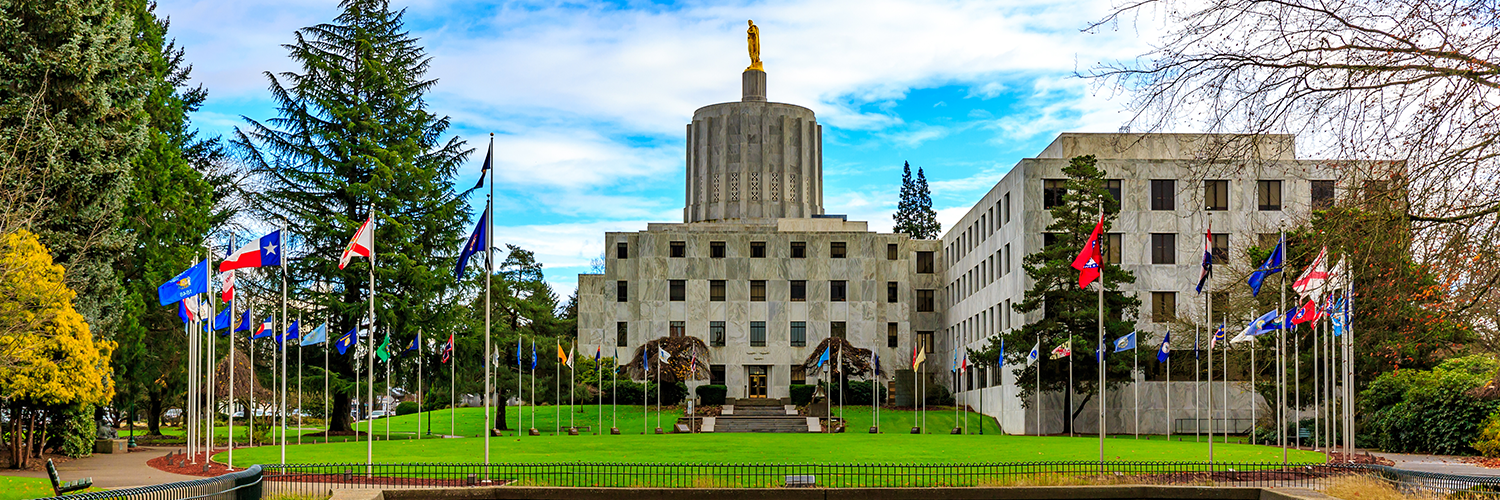Whenever the Freedom Foundation lets public employees know they no longer have to be a member of a union — and pay dues for the “privilege” — our friends the government unions inevitably wail about “free riders.”
That’s a slang expression for someone getting something they’re not paying for — in this case union representation.
The government unions insist it’s unfair they be required to provide a free service.
And you know what? In some ways, they’re right. The only question is who the practice is unfair to.
That’s why the Freedom Foundation is pleased to support HB 3119, a newly introduced bill in the Oregon Legislature. The measure, authored by state Rep. Mike Nearman (R-Independence) would end the alleged burden of “free riders” by freeing unions from the responsibility of speaking for even nonmembers.
Rather than the current arrangement, in which all employees are “represented,” the bill proposes a system in which there are “union” and “independent” employees. According to the wording:
“If an independent employee does not pay union dues or any other assessment to defray the cost of a labor organization’s services…(t)he labor organization is not required to engage in collective bargaining on behalf of the independent employee or otherwise represent the independent employee in the independent employee’s employment relations with the public employer.”
As you might expect, the labor arrangement with independent employees is based on merit:
“A public employer shall determine the wages, benefits and other terms and conditions of employment of an independent employee based on the independent employee’s education, experience, training, skills and performance.”
Somewhat ironically, one shouldn’t expect Oregon’s Democrat-dominated legislature to give the bill a hearing. Could it be the responsibility for representing everyone in a given bargaining group — members and nonmembers alike — isn’t the burden the unions claim it is?
If passed, the bill would create a new dynamic that wouldn’t be patterned after the labor vs. management model, but a partnership between labor and management based on what the employee could offer and what management needed. This alone could increase productivity and morale.
But despite what they may say, a partnership is the last thing unions want. Recent history shows that government unions have enough allies in the Legislature to amend the state’s collective bargaining laws when it suits them — meaning they would likely have no problem shedding the statutory “burden” of representing nonmembers themselves.
But you know what? They’ve never tried.
That’s because these workers aren’t free riders. Under a union protection clause, they’re “forced” riders.
The best thing about HB 3119 is that it exposes the essence — and problems — of socialism, which is undeniably what unions are based on. In the same way a Marxist economy builds walls, so does the union workforce need to build walls — though in this case the wall is the exclusive representation clause.












